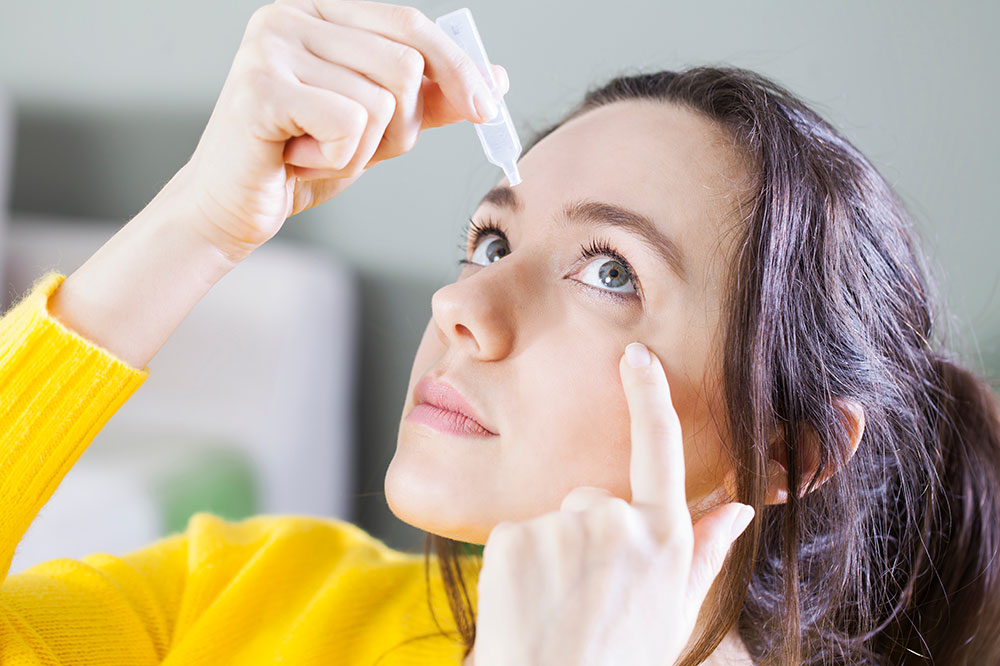
Risk Factors and Prevention Tips for Dry Eyes
Staring at the computer for extended hours or overexposing your eyes to cold or dry weather can lead to dry eyes. It’s a condition where the amount of fluid in the eyes is insufficient for providing lubrication. Those with the problem usually experience a burning sensation in the eyes, which can be uncomfortable enough to ruin your day. Read on to learn about the risk factors for dry eyes and how to prevent it.
Risk factors
The following factors make one more susceptible to the condition:
1. Vitamin A deficiency
Vitamin A is known to have several benefits for the eyes. It protects the cornea and helps produce tears for lubrication. Unsurprisingly then, a lack of this nutrient can put you at risk of dry eyes.
2. Exposure to heavy wind
If your eyes are frequently exposed to heavy wind, the tears can evaporate quickly and lead to dry eyes in the long run. Exposure to smoke, dust, and environmental pollution can have a similar effect.
3. Too much screen time
Many people experience eye strain and tension headaches when working on computers for extended hours. It can affect the tear production mechanism and lead to eye dryness.
4. Hormonal changes and menopause
Women often experience dry eyes because of hormonal changes in their bodies, especially during menopause and pregnancy. According to a few studies, hormones like estrogen, progesterone, or testosterone play a crucial role.
Prevention tips
The following are a few easy ways to prevent the problem:
1. Eat foods rich in vitamin A
Foods with a higher quantity of vitamin A include eggs, carrots, broccoli, spinach, fish, and more. As mentioned, this vitamin is vital for improving eye health. There are also eye drops available that have vitamin A but ensure to consult a doctor before using such products.
2. Protect your eyes
You can protect your eyes from wind and other environmental factors by wearing sunglasses. It will ensure that the tears don’t evaporate easily. You can also use lubricating eye drops to maintain the tear levels, especially during extreme climates.
3. Blink and take a break
When using a computer, take frequent breaks. Move your eyes away from the screen and blink more often. It will lubricate your eyes and help prevent dry eyes. And remember, place the screen below eye level, so there is no need to open your eyes wide. It will lessen the strain you put on the eyes when working.
4. Follow a healthy lifestyle
As menopause and hormonal changes may cause dry eyes, follow healthy lifestyle practices to reduce the ill effects. If you experience hormonal imbalance, consult a doctor to know about the tips to handle it. You can also use eye drops to serve as artificial tears for your eyes.


